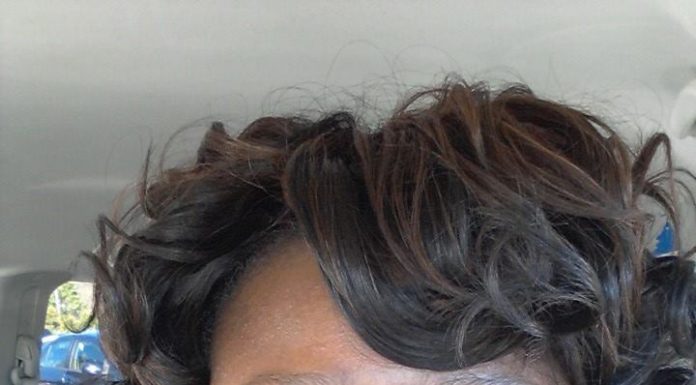Recently, I read part of “Your Back-To-School Messages Are Hurting Teachers” written by 2015 National Teacher of the Year Shanna Peeples. I stopped reading once I came across these words, “and difficulties with behaviors of children who come from trauma and poverty.” The author was attempting to explain why some teachers are burned out. After reading that, I didn’t want to read anything else this individual had to say. I went to Twitter and said
A short time after my tweet posted, the words in question were deleted from the article…and replaced with, “They skirt past the reality that we are seeing a very real and growing mental health crisis in students, which is magnified in the low-income schools where a majority of students attend.” According to other readers who read the article when I did, other parts were also deleted after she received some negative feedback. I can hear my students saying, “Mrs. Barnes, that’s why we take screenshots of everything.” Lesson learned! Peeples can rearrange and delete words all she wants, but she showed her true thoughts in the first version of the piece.
If you are a teacher who is struggling, it is time for you to do some self-assessing. I’m all for teacher self-care; I even spoke at a teacher self-care conference in Atlanta back in June. Self-care involves making changes to keep your mental wellbeing intact so you can serve students. It does not mean making an automatic correlation between poverty and poor behavior and equating that to the reason you are struggling.
Peeples goes on to lament about how Twitter is part of the problem and that education Twitter cliques are just reinforcing the idea of a person being a super teacher and educators. She needs to find new Twitter friends and better Twitter chats. As an educator of color, I surround myself with a diverse group of individuals in real life and online. If your Twitter feed or the Twitter chats you participate in sound like a “cult-like and clique-y echo chamber” as Peeples states, I assert that’s on you.
As Peeples points out, “the teaching force is overwhelming female,” she left off the adjective white. Her tone-deaf piece just sounded like another white woman complaining about how hard it is to work with poor children and children from traumatic backgrounds.
As a parent of color, I say if it is just that hard and you find yourself this miserable, then leave the profession and get yourself together. It is not acceptable to blame your struggles on the background or circumstances of the children you are there to teach. You are just hurting yourself and the children you are serving. As a parent of color, I don’t want teachers like this in front of my children or anyone else’s.
This piece was written by Shawnta S. Barnes and originally ran on the Indy Ed Blog.










